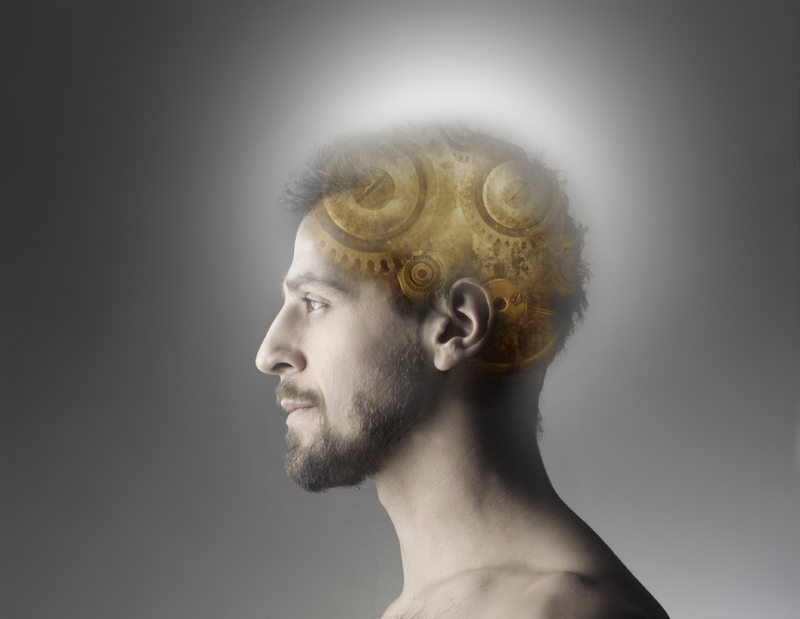Why Vivid Memories Can Feel So Real

A new study found that the brain’s experience of a vivid memory closely copies the neural activity of the actual, original moment, which may help explain why our most lucid memories feel uncannily real.
"When we mentally replay an episode we've experienced, it can feel like we are transported back in time and reliving that moment again," explained Brad Buchsbaum, lead author of the study and neuroscientist with Baycrest's Rotman Research Institute in Toronto.
Buchsbaum said his study of brain scans confirmed that a vivid memory partially restores the pattern of brain activity evoked during the initial experience.
In the research, a group of 20 adults, ages 18 to 36, underwent an fMRI (functional magnetic resonance imaging) brain scan while repeatedly watching several 9-second video clips. They were told they would be tested on the content of the videos, which were shown 27 times and included faces, human emotion, animals and outdoor scenery.
Nine of those study participants were then chosen to complete several weeks of intensive memory training, in which they had to mentally replay the videos shown during the brain scan.
During another round of brain scans, this subset was asked to mentally replay each video clip, using symbolic cues they were trained to associate with the videos. They were also asked to rate how well they thought they had recalled each clip.
Though not exact replications, brain activation patterns during their recollection of the videos mimicked the patterns evoked when the videos were initially viewed by a striking correspondence of 91 percent, according to the results published in the Journal of Cognitive Neuroscience.
Sign up for the Live Science daily newsletter now
Get the world’s most fascinating discoveries delivered straight to your inbox.
The largest pattern similarity occurred in sensory and motor-association areas of the cerebral cortex, which plays a key role in memory, thought, language and consciousness.
According to a release from Baycrest, fMRI data like this could offer doctors an objective way of quantifying the accuracy of a patient’s self-report of their memory as “being good or vivid.”










